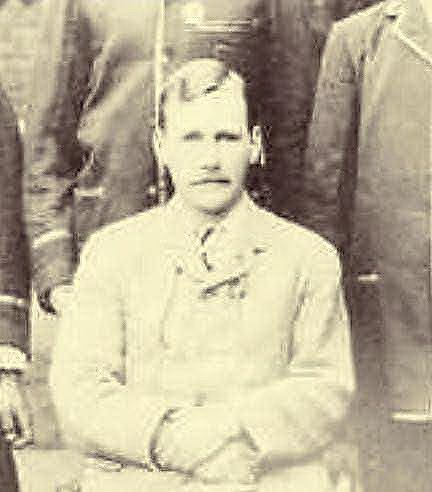BHUPINDER SINGH, LIEUTENANTGENERAL MAHARAJA SIR (1891-1931), Knight Grand Commander of the Order of the Star of India, Knight Grand Commander of the Order of the Indian Empire, Knight of the Order of the British Empire, ruler of the Sikh state of Patiala, was one of the most colourful and influential Indian princes of the interwar years. Tall, robust, dashingly handsome, he was to the British the personification of the Punjabi martial races, a veritable "flower of Oriental aristocracy." In his own eyes, and in the eyes of many of his coreligionists, he was the temporal leader of Sikhism.
BIKRAM SINGH, RAJA (1842-1898). born in January 1842, succeeded his father, Wazir Singh, to the throne of Faridkot state in 1874. A dominant figure in Faridkot history, Raja Bikram Singh modernized the state administration. He employed retired British officials of experience and in 1875 set up offices and courts on the British model and adopted British law. Schools and charitable hospitals were opened and dharamsalas and rest houses for travellers constructed. Sadavarats or free kitchens were established at Faridkot, Thanesar and Amritsar. Sanskrit pathshalas, or schools were started where free food was served to the students.
GHULLA SINGH, BHAI (d. 1924), one of the martyrs of Jaito, was born around 1896, the son of Bhai Narain Singh and Mat Kishan Kaur, a Jatt Sikh couple of the village of Bhalur, near Bagha Purana, in present day Faridkot district of the Punjab. Tall and heavily built, Ghulla Singh helped his father and two elder brothers at tilling the family acre. He had received no formal education and was not yet married when the Akali agitation at Jaito protesting the forced abdication of the Sikh ruler of Nabha was gathering momentum. Ghulla Singh received the vows of the Khalsa at the hands of Sant Sundar Singh Bhindrarivale and became an Akali activist.







